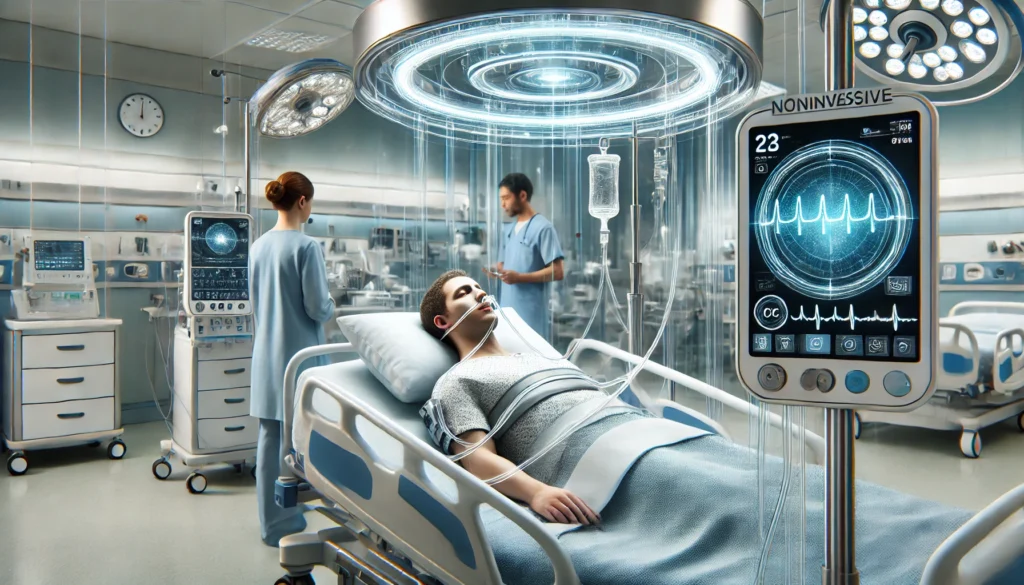STIMIT AG begins trial for noninvasive diaphragm stimulation device
STIMIT AG, a medical technology innovator, has launched patient enrollment for its pivotal clinical trial assessing a noninvasive diaphragm neurostimulation device. This device, the STIMIT Activator 1, aims to address a significant challenge in intensive care units—preserving diaphragm function in patients reliant on mechanical ventilation. The FDA Investigational Device Exemption (IDE) study, titled “STIMIT Activator 1 Pivotal Study,” evaluates the safety and effectiveness of this innovative approach to mitigate diaphragmatic dysfunction and atrophy in critically ill patients.
The diaphragm, the body’s primary respiratory muscle, deteriorates rapidly when inactive, losing up to 50% of its muscle fibers within three days of mechanical ventilation, as per a 2008 study by Levine et al. Such loss leads to prolonged dependency on ventilators, delayed recovery, and heightened healthcare costs. Prolonged mechanical ventilation costs the U.S. healthcare system over USD 16 billion annually, according to Zilberberg et al. (2012). STIMIT’s device seeks to reverse this trend by stimulating diaphragm activity, paving the way for faster weaning and better outcomes for ICU patients.

How diaphragm stimulation could redefine ventilation care
The STIMIT Activator 1 stands out as the world’s only early-intervention, noninvasive diaphragm stimulation therapy undergoing clinical trials under FDA IDE approval. The device is designed to encourage inspiratory efforts in patients, addressing a critical gap in current mechanical ventilation protocols.
Dr. Laurent J. Brochard, head of the Interdepartmental Division of Critical Care at the University of Toronto and the study’s Principal Investigator, explained that maintaining diaphragm activity is paramount for ICU patients. He emphasised that STIMIT’s approach offers a physiological method to support breathing and expedite liberation from ventilators.
Beyond the immediate benefits, diaphragm stimulation could also improve physiological outcomes in other areas, such as lung pressure distribution, venous return to the heart, and activation of brain regions involved in respiration, as noted by Morris et al. (2022). These broader impacts highlight the potential of STIMIT’s technology to redefine respiratory care, although further research is necessary to confirm these advantages.
STIMIT’s vision for the future of critical care
STIMIT’s ambitions extend beyond its current clinical trial. Ronja Müller-Bruhn, the company’s CEO, shared that earlier feasibility studies with various patient groups demonstrated promising results. She noted that the technology has the potential to revolutionise ventilation by supporting natural, physiological breathing without invasive methods. This innovation, she added, could significantly enhance critical care and ventilation management worldwide.
The initial trial sites include some of the most prestigious medical institutions, such as Beth Israel Deaconess Medical Center, Yale New Haven Hospital, University of Virginia Health, and St. Michael’s Hospital in Toronto. These partnerships underscore the global interest in STIMIT’s groundbreaking approach to critical care.
As the trial progresses, the STIMIT Activator 1 remains restricted to investigational use in the United States. However, its potential to transform respiratory care has drawn attention from the medical community, offering hope for improved outcomes for critically ill patients.
Discover more from Business-News-Today.com
Subscribe to get the latest posts sent to your email.

